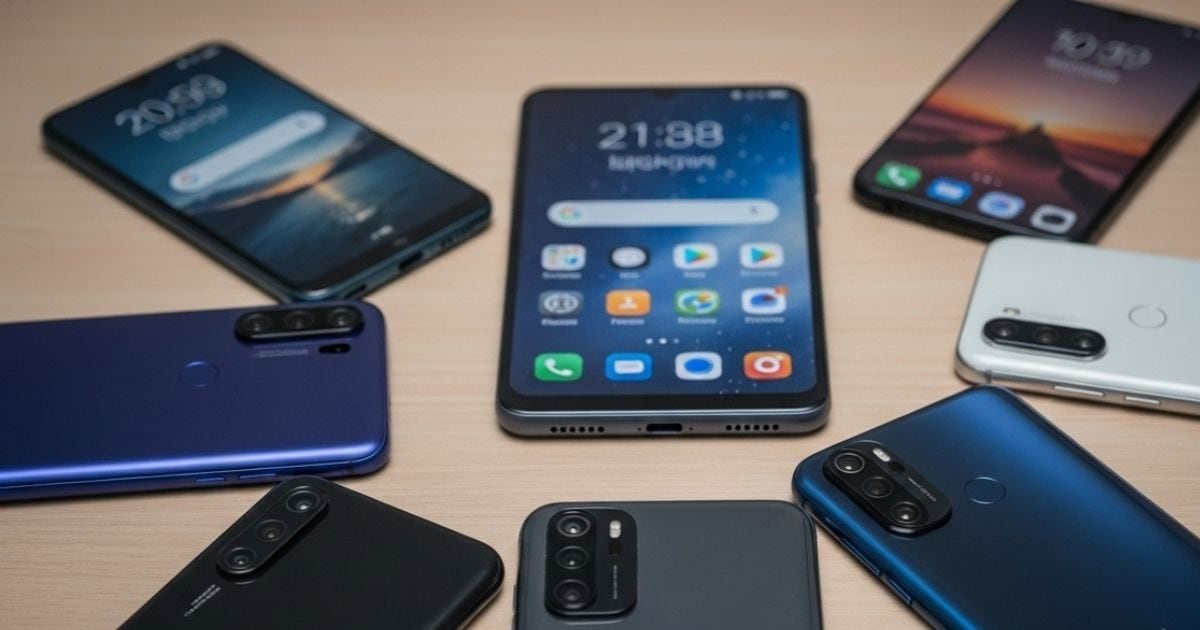The name of this tool is meta AI translations and it can be used for free. Currently it supports translation from English to Spanish and Spanish to English, and soon more languages will also be available. By enabled this feature, creators can automatically dub and lip-lip their reels in another language, making them reach more wide audiences.
To activate this tool, the creators have to click on the option “Translate your voice with meta ai”. Once you are capable, they can togle the settings of translation and lip-syncing and then share their content. Creators also have the option to review before publishing the translation. Notifications appear when the translation is ready, or the creators can finalize the changes by going to the professional dashboard.
Viewers will experience translated reels into their favorite language, but they can also have the option to close translation for specific languages through the Settings menu. For Facebook Pages, the Meta is also facilitating the creators to upload the dubbed audio track for the same reel, so that the access of the audience can increase even more.
Increasing concerns about short-form content
While Meta is improving the user experience with new tools and updates, researchers are advising to take precautions about the increasing impact of short-form videos. Recent studies suggest that platforms like Instagram, Tiktok and YouTube shorts stimulate the reward pathway of our brain in the same way as intoxicated things, such as alcohol.
For example, users in China spend an average of 151 minutes daily on short videos and about 96 percent of internet users are included in this format. Researchers have described this pattern as a public health challenge due to long -term effects on mental health.




